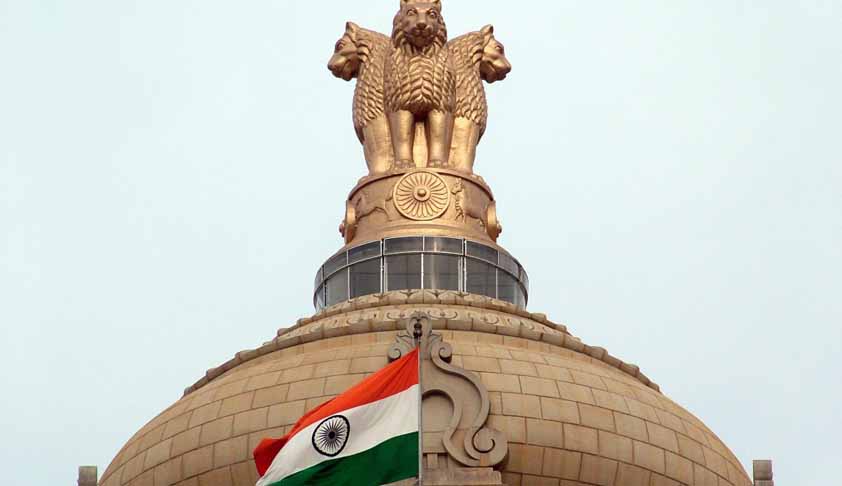Does Press Council of India have the Power to issue warrant? Govt. disagrees with Council
Simran Sahni
17 April 2016 10:04 AM IST

Next Story
17 April 2016 10:04 AM IST
The Press Council of India (PCI) and the Government were at loggerheads over the issue of the media body's powers after it decided to serve a bailable arrest warrant against Union I and B Ministry Secretary Sunil Arora for failing to appear before it following summons.Information and Broadcasting Ministry sources said that the PCI has ‘limited powers’ and cannot decide everything unlike...
